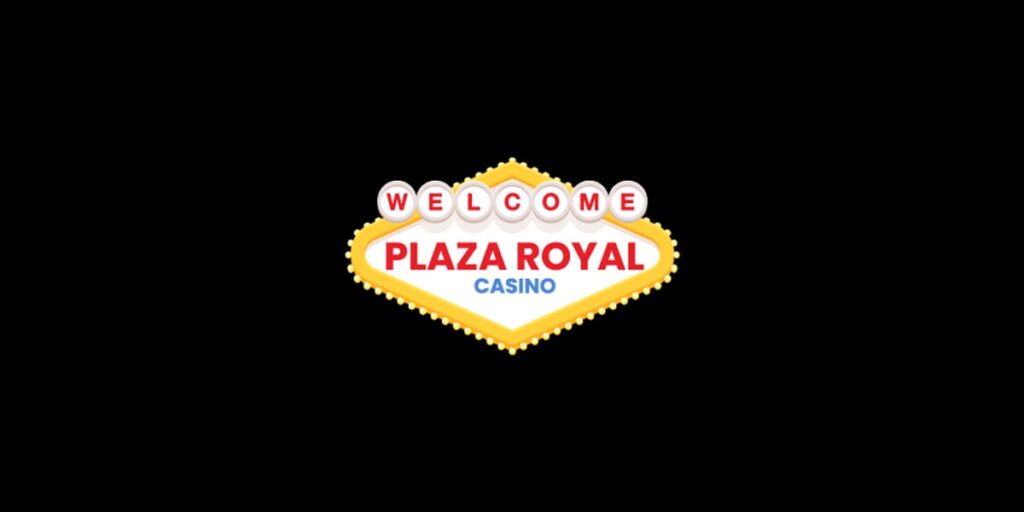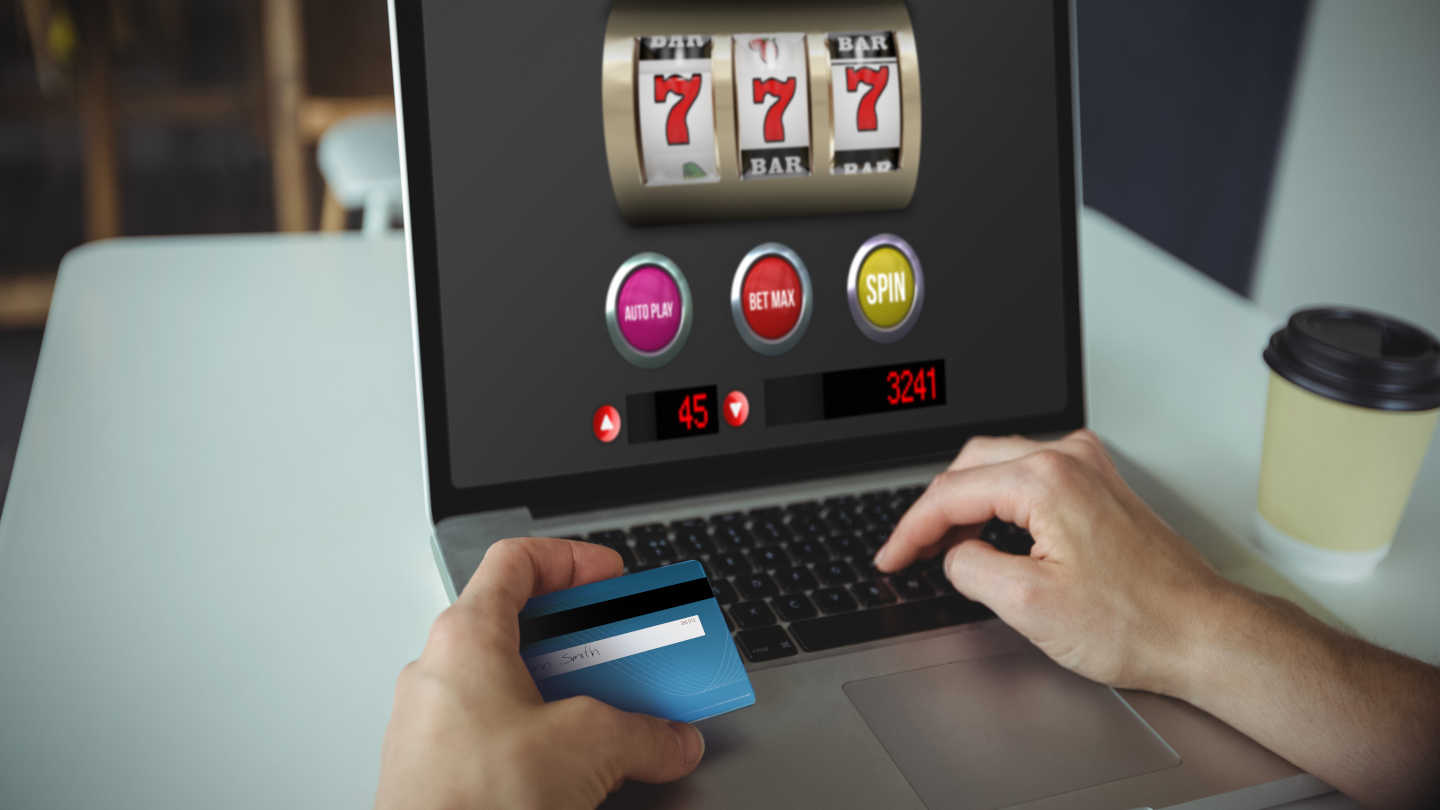Does RNG Really Ensure Player Fairness? Let’s Investigate!

4 minutes
Last Updated: July 8, 2023
Random Number Generators are supposed to be random, right? It’s like rolling a dice, you’ll never know what the outcome will be before you roll it, only that you’ll get an outcome between one and six.
In theory, this means that random number generators used in online gambling should ensure fairness in play, just like rolling a dice ensures fairness in play in real life.
But is this really the case in practice, out there in the wilderness of internet gaming?
Because the first question one may ask (and with a good reason) is, how truly random is RNG? While it’s true that players register to simply enjoy the pastime of online gambling, there should be no debate on the importance of understanding the role of RNG, particularly when it comes to slot games.
So let’s see just how random that RNG really is.
How Random is the R in RNG?
The term Random Number Generator pops up a lot when you start talking about online gambling. RNGs are essential pieces of software for any and all gambling operators.
It’s the software that randomly decides when a slot reel will stop spinning. The software determins which card will be drawn next in a game of blackjack.
It’s the software that decides where that little ball will finally land on the table when you’re spinning up a game of roulette.
In real-life table games, cards are shuffled and drawn to introduce randomness. You never know where the ball will land when you toss it. But with a machine, it is a bit trickier to introduce randomness.

Computers are, by design, not random at all. They require succinct programming to crunch numbers, they don’t come up with ideas, concepts, or numbers out of thin air.
Even though ChatGPT may sound like it’s come up with something unique, it never has; it is a combination of information from around the web.
And so, what exactly is the software that is a Random Number Generator?
There Are Many Different Types of RNGs
For a start, there are many different RNGs in existence; there isn’t just one that is used everywhere.
Many different developers have created many different types of RNGs, and different gambling operators may use different RNGs in their machines.
For instance, in the C++ programming language, which is often used for programming slots machines on casino floors, there is a PRNG in the C++ library.
That P stands for pseudo, as in Pseudo Random Number Generator, as in not really random. PRNGs include the Mersenne Twister, Fortuna, and a lagged Fibonacci generator.
PRNGs need a seed, a value to start off a series of approximately random numbers. This seed is then put through some serious algorithmic convolutions to determine a next number, and then a next, and then a next.
In the past, these algorithms were less complex, and sometimes a person captured enough of the next random outcomes in a sequence to be able to reverse engineer the RNG itself.
This led to being able to guess what comes next. These days, though, it is highly unlikely you’ll encounter such an RNG in the wild.
Are RNGs Fair?
Modern RNGs are fair by design. They are not weighted in any way to avoid giving any one user or player a lousy run or a winning streak.
If your luck seems to be on the outs or on the ups then it’s not due to an underlying RNG, it’s due to another algorithm layered over the top.
For instance, if you have ever played the claw machine games in an arcade, you might wonder why you can never get it to pick up the toy you want correctly.

This is because behind the scenes in the controller, there is a module that dictates how much grip is exerted on each go of the machine. The machine can be set to only exert the ‘right’ amount of pressure on the claw to pick up a prize every one in ten tries.
This, of course, is random, with the randomness set by an RNG. For a shady operator, they might also rig it so that it is even less possible if you insert less than a certain amount of money, too.
For instance, if you play a dollar, you have a 1/100 chance versus if you play 5 dollars it would be a ⅙ chance.
Thankfully, in casino operations, these sorts of shady activities aren’t possible. That’s why it’s important you play at licensed casinos that offer games from top games providers in the industry, who have a watchful eye cast over all the code.
Don’t play at the cowboy operations, or you’ll feel the sting of a loss as you do at a game at a crooked country carnival.



















